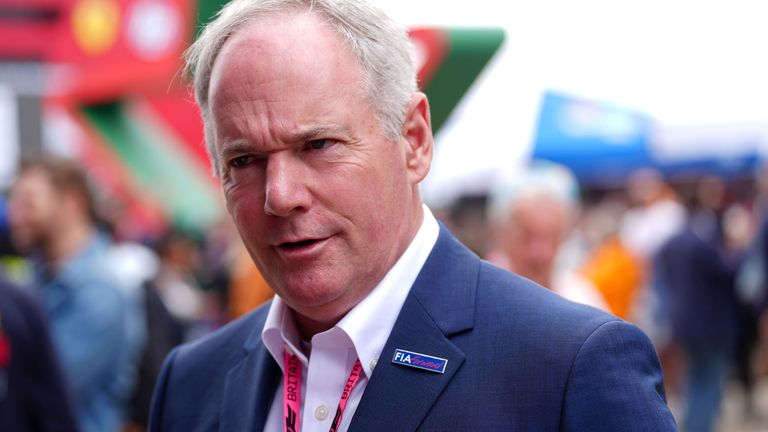The upcoming FIA presidential election has sparked criticism and claims of undemocratic practices after Mohammed Ben Sulayem emerged as the only candidate set to run for the position. Tim Mayer, the last remaining challenger, announced his withdrawal, accusing the governing body of maintaining an “illusion of democracy” and operating under a system that discourages fair competition.
Mayer’s exit leaves Ben Sulayem unopposed, largely due to electoral regulations requiring presidential nominees to present six vice-presidents from the FIA’s global regions. However, some of these positions are effectively controlled by individuals aligned with the incumbent. For example, Fabiana Ecclestone, the sole South American representative on the World Motor Sport Council (WMSC), has already pledged support to Ben Sulayem. This structure has made it impossible for other candidates to meet the nomination requirements.
Mayer criticized the shrinking pool of eligible WMSC representatives, noting the number had dropped from 40 in 2021 to just 29 this year. He questioned whether this decline reflected lost interest or external influence, suggesting some members may have been pressured or incentivized not to stand. He also revealed that many FIA member clubs feared repercussions—such as losing funding or recognition—if they challenged the current system.
Despite acknowledging that he knew the electoral hurdles beforehand, Mayer said he continued his campaign to expose flaws in the FIA’s governance. He pointed to findings from the Utrecht School of Governance, which described the FIA as operating with “power without brakes,” concentrating authority in the president’s office with minimal accountability or independent oversight.
Such governance issues, Mayer warned, could undermine Formula One’s credibility, as most teams adhere to strict corporate governance standards. He argued that without transparency and fair elections, the FIA’s foundation was unstable, threatening the sport’s long-term integrity.
Ben Sulayem’s tenure since 2021 has already faced scrutiny, marked by high-profile resignations and conflicts with drivers, including criticism from Lewis Hamilton over a lack of transparency. While the FIA insists its electoral process is fair and consistent with past practices, growing discontent within the sport suggests an urgent need for reform to restore confidence in its leadership and democratic integrity.

